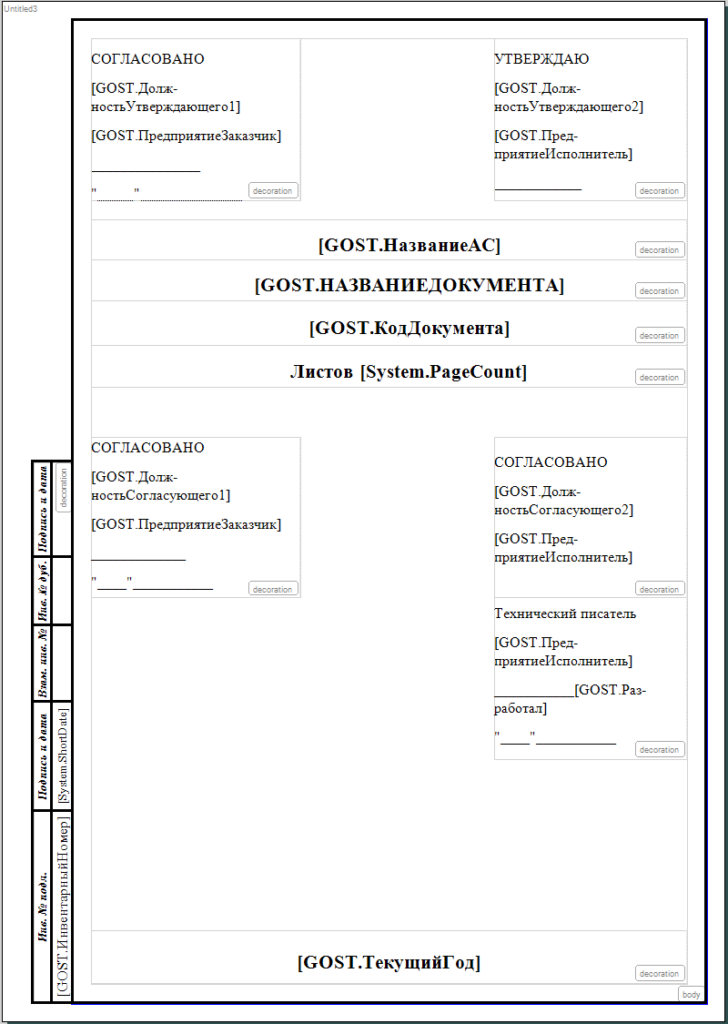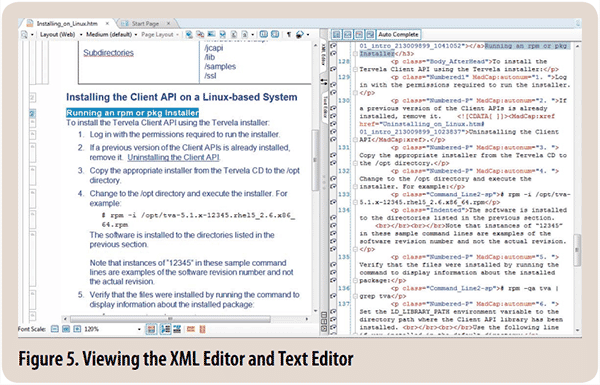
We had everything before us, we had nothing before us, we wereĪll going direct to Heaven, we were all going direct the other way in short, the period was so far The span tags are typical of how they display in the converted text.
#Madcap flare word document headings windows
Windows NotePad does not support regular expressions.įor an example you can use the following marked up public domain text. Word has its own variation called wild cards. I use NotePad++, an excellent text editor if you've not tried it yet.
#Madcap flare word document headings free
There are plenty of good free tools that can do that. Flare supports regular expressions for finding but not replacing. You will need a product that supports regular expressions. Each company comes out with their own version that you can use. It's not a product that you can buy per se, but more like a guideline. With regular expressions you can craft a single expression to catch them all. The conventional way is to search for each variation (Jeff, Jeffry, Jeffy, Jeffery, Geoff, Geoffrey, Jeffeory, Geffrey), a game you may very well lose at considering I didn't include all the variations. Suppose you have a document and not sure how the name is spelled or even if it doesn't appear in several forms. For example, Jeffery is a name with many variations. Regular expressions, or regex and a common variation is called grep, is a find and replace method but using text patterns instead of the typical exact text method. If you have more than one, perhaps thousands of pairs over multiple topics, you need a better way. The Flare way of deleting them is to put the cursor inside the spanned text and selecting Home|Remove Break. You should be able to get rid of them without risking losing intended information. That is, they're not where formatting should be, like indicating a bolded word. This is typical if a document has been around for a long time, and/or edited by many users, as is common in a corporate environment. They occur almost anywhere, splitting words, or between words or sentences. Users notice this problem after converting documents because they show up as superfluous Span tags seemingly at random in the document. Converting the documents to Flare exposes the problem. Most users neither see this, nor ever have a reason to see this. However, those local formatting anomalies still exist. It's gotten better with the 2003's introduction of Office XML. Word is notorious about not cleaning up its own internal code. Local formatting introduces some internal problems. That's true, and it's also a best practice.


That you can later change the formatting for all occurrences just by changing the style. I always thought they said this as a matter of best practice. Instead, however, they make formatting absurdly easy if not condoned by putting those buttons on the Home tab, which is the default view. On the Developer tab (which for starters isn't visible by default), click Restrict Editing and check Limit formatting to a selection of styles. They even have an obscure option to enforce this. Meaning, that all formatting should be applied as named styles. It begins with Microsoft saying that Word is style based.

The problems arise mostly from how the Word document is styled. The mechanical act of that conversion is reliable (although not completely). Exporting Word to Madcap Flare by Robert Delwood Exporting Word to Madcap Flareįlare has the ability to convert Microsoft Word documents into Flare topics, complete with style sheets.


 0 kommentar(er)
0 kommentar(er)
